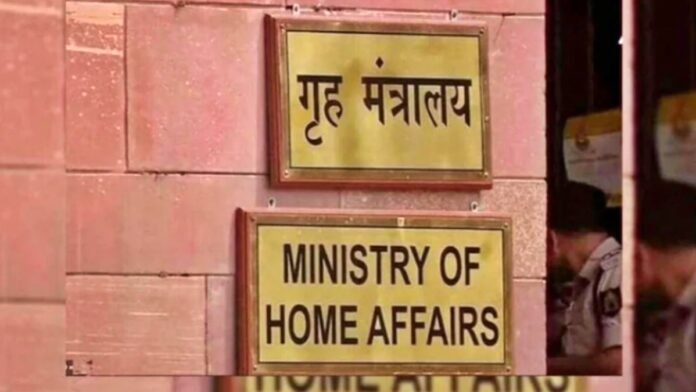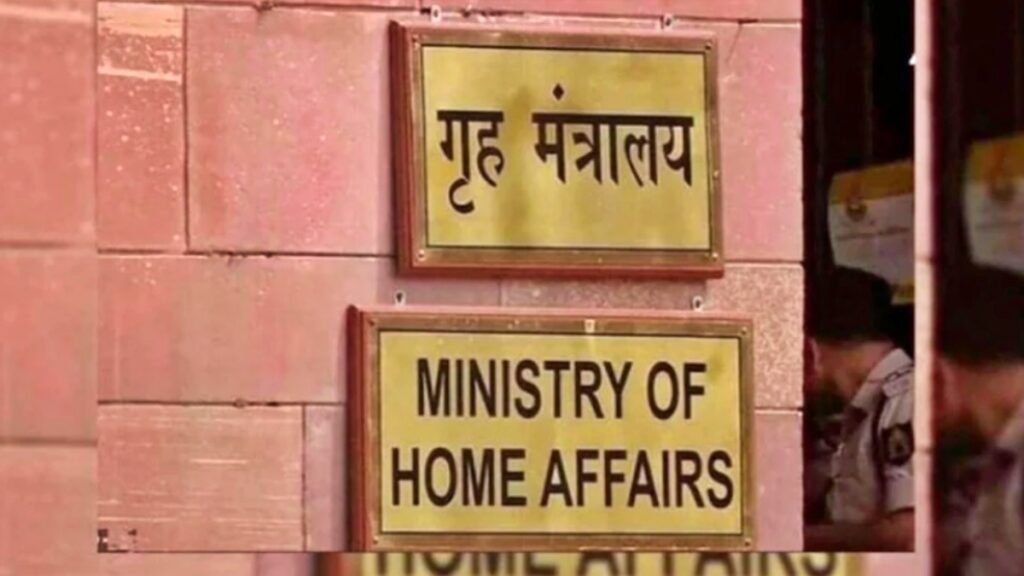
New Delhi: The Ministry of Home Affairs (MHA) is expected to notify the rules of the Citizenship Amendment Act (CAA), a law that grants Indian citizenship to persecuted minorities from three neighbouring countries before the Model Code of Conduct comes into force for the Lok Sabha elections.
According to news agency ANI, sources from the MHA said on Tuesday that the CAA rules can be notified at any time and will facilitate the processing of Indian citizenship applications of eligible candidates from Afghanistan, Pakistan and Bangladesh.
What is CAA and why is it controversial?
The CAA, which was passed by Parliament in December 2019, is a law that amends the Citizenship Act of 1955 to provide Indian citizenship to six religious minorities (Hindus, Christians, Sikhs, Jains, Buddhists and Parsis) who faced persecution in Afghanistan, Pakistan and Bangladesh and entered India before 31 December 2014.
The CAA exempts these minorities from the requirement of having valid documents to prove their citizenship and reduces the residency period from 11 years to five years for naturalisation.
The CAA has been criticised by many as being discriminatory and unconstitutional, as it excludes Muslims and other minorities from the neighbouring countries, and violates the secular principles of the Indian Constitution.
The CAA also sparked fears among the indigenous people of the northeastern states, especially Assam, that it would lead to an influx of illegal immigrants and threaten their cultural and linguistic identity.
How has the government defended CAA?
The government has maintained that the CAA is a humanitarian gesture to provide a haven to the persecuted minorities from the three countries, who have been living in India for decades.
The government has also argued that the CAA does not affect the existing citizenship rights of any Indian citizen, nor does it take away anyone’s citizenship. The government has said that the CAA is in line with the international obligations of India to protect refugees and does not violate any treaty or convention.
The government has also assured that the CAA will not apply to the areas covered by the Inner Line Permit (ILP) system and the Sixth Schedule of the Constitution, which grants special rights and autonomy to the tribal communities of the northeastern states.
What is the status of CAA implementation and protests?
The CAA came into force on 10 January 2020, but the rules to implement it have not been notified yet. The rules are expected to specify the procedure and criteria for granting citizenship under the CAA, as well as the authorities and agencies involved in the process.
Union Home Minister Amit Shah had said earlier this month that the CAA will be notified and implemented before the upcoming Lok Sabha elections, which are due by May 2024. Shah had said in an interview that there should be no confusion about the CAA and that it is an act of the country that will be notified.
The CAA has faced widespread protests and resistance from various sections of society, including civil society groups, political parties, student organisations, human rights activists, and celebrities. The protests began in Assam on 4 December 2019 and soon spread across the country, especially in Delhi, Uttar Pradesh, Bihar, West Bengal, Kerala, and Karnataka.
The protests have been marked by violence, clashes, police brutality, internet shutdowns, and arrests. According to official sources, 27 people have died in the protests, of which 22 were in Uttar Pradesh alone. More than a thousand people have been arrested and more than 300 cases have been registered against the protesters.

The CAA has also been challenged in the Supreme Court by several petitions, which have questioned its legality and constitutionality. The Supreme Court has issued notices to the Centre and sought its response to the petitions. The court has also refused to stay the CAA until it hears the matter. The court is likely to hear the case in March 2024.

















































